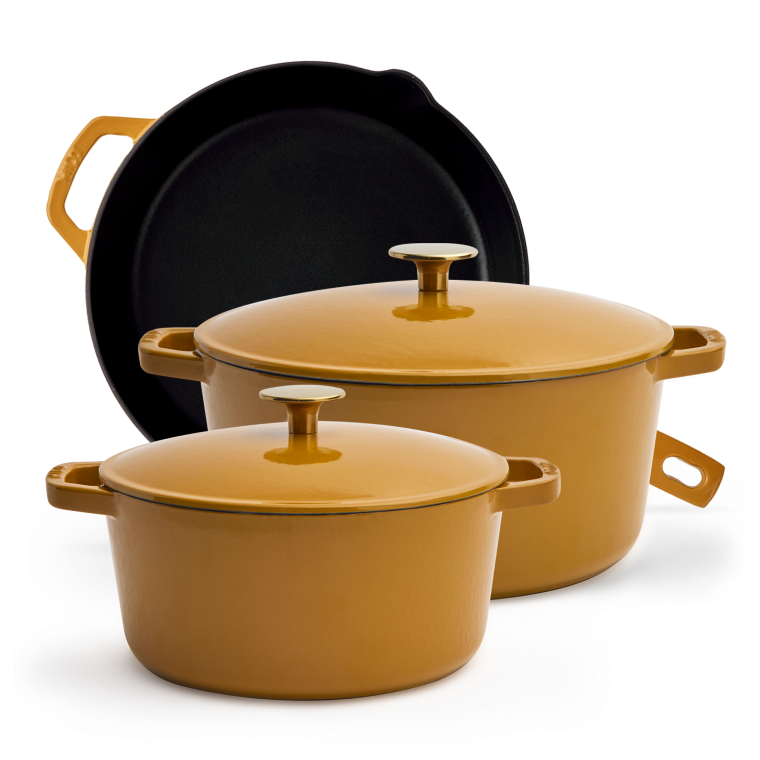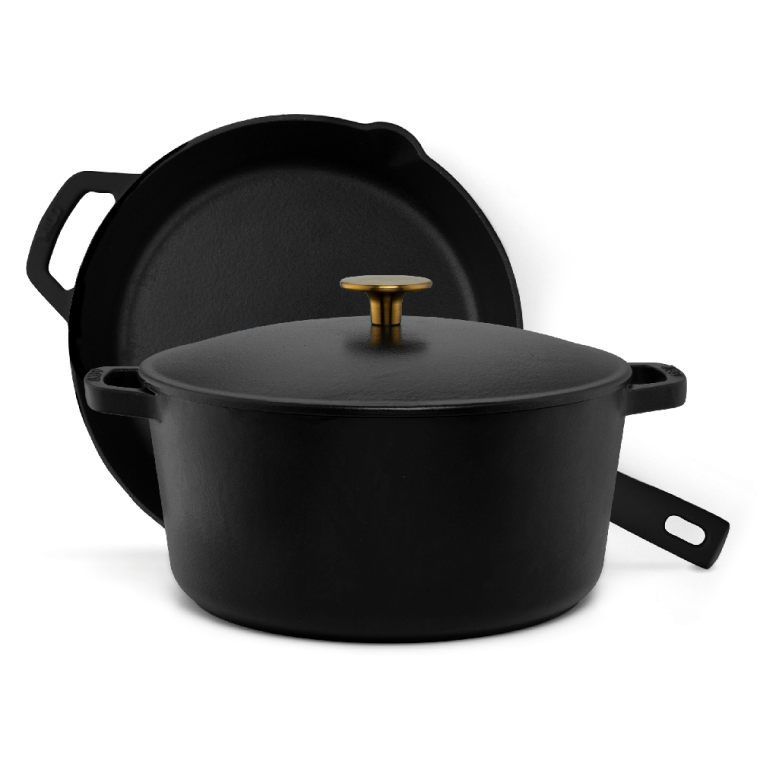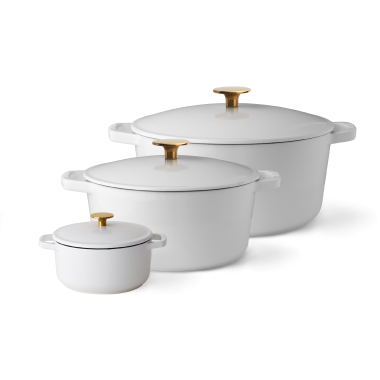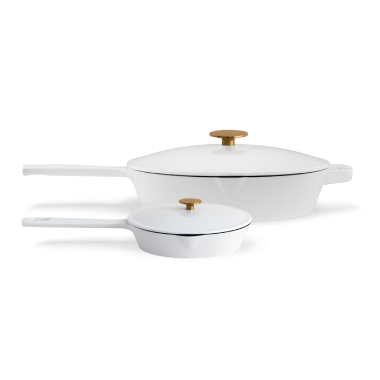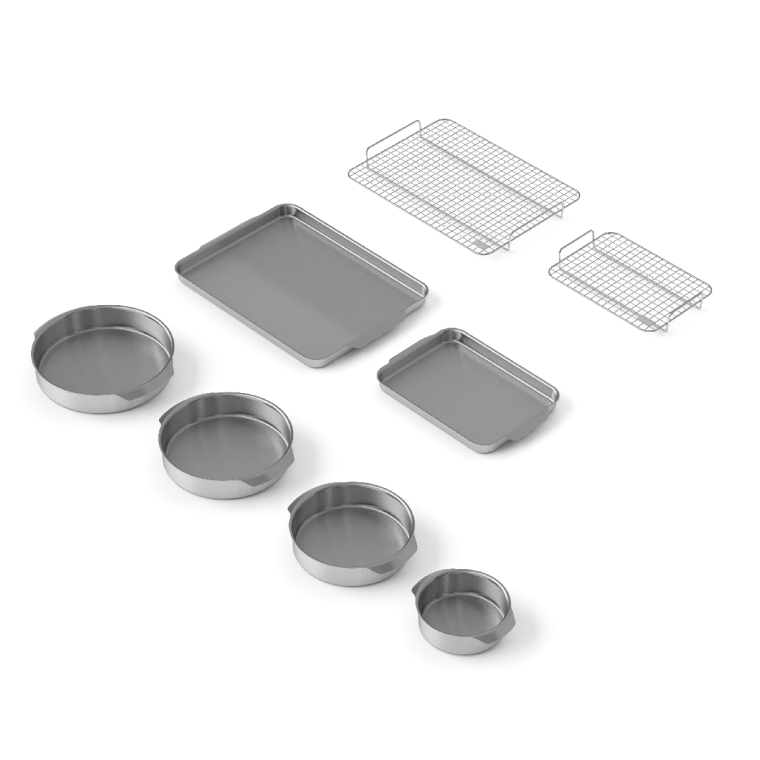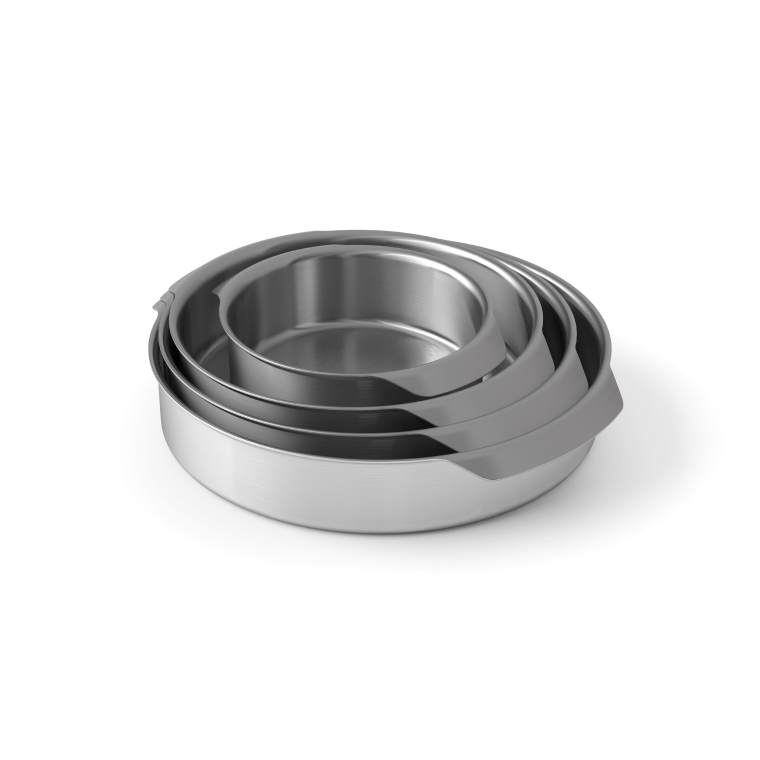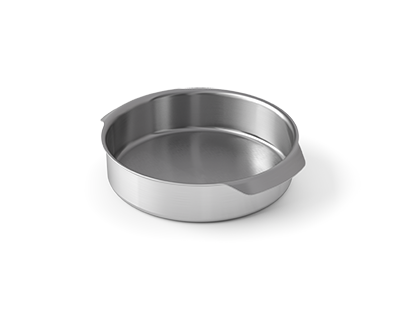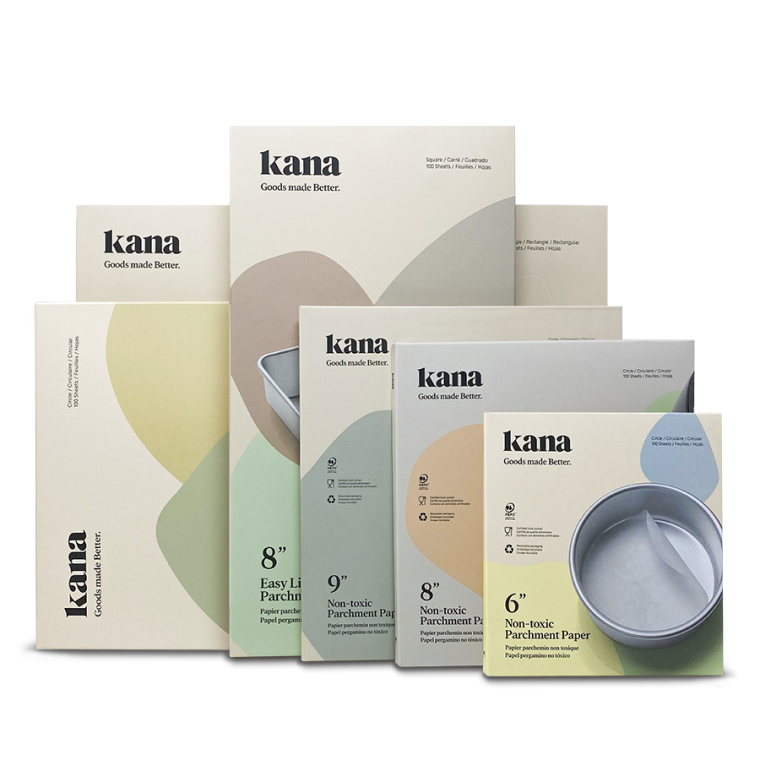The Artistry of Easter Eggs: 4 Tips to Get Decorating

The custom of decorating egg shells dates back to over 60,000 years ago when engraved ostrich eggs were found in Africa. Fast forward to the modern day and decorated eggs as a focal symbol of many Easter celebrations and religious traditions. But like many traditions rooted in religious ceremony, decorating Easter eggs has transcended into the mainstream and now becomes part of spring decor around the world. Here are three popular ways to decorate easter eggs, starting with a process known as hollowing.

How to hollow an easter egg
First wash and dry your eggs and then pierce two holes, one slightly larger than the other, on opposite ends of the egg using a needle. Blow into the larger hole, forcing the yolk and egg white out the other side. Allow to dry before decorating.
Dyeing to get colorful
Using a heatproof bowl, mix one teaspoon of vinegar with the food coloring of your choice in a cup of hot water. Use different pots for each of your desired colors to avoid unnecessary blending. Add as much or as little food coloring as you wish, depending on how darkly colored you want your eggs. Get as creative as you wish, blending colors, creating one of kind, eggceptional masterpieces.
Top tip:
To avoid burning your hands in hot water, use silicone tongs or a spoon to carefully remove the eggs from the pot.

Decorate with decoupage
Decoupage Easter eggs are astoundingly beautiful pieces of art that make great Easter gifts. Using prints of your choice, cut the designs that are small enough to easily decorate your eggs. Printed napkins are great because they provide endless choice and the paper is fine enough to decoupage quickly. Smaller pieces of printed paper, added one at a time, are very easy to do and are far less messy. Once you have your designs ready, apply a thin layer of decoupage then apply your designs, followed by a last, thin coating of decoupage.
Top tip:
If you are doing decoupage eggs with your kids, you may want to cut out your designs prior to beginning the decorating process. This will be a big time saver and it's safer than having the kids do the cutting.

The art of a hand painted Easter egg
Hand painted Easter eggs may take a little longer to decorate but the result is worth it. A centuries old tradition in Eastern Europe, these eggs can be simply decorated with acrylic paints or, if you’re feeling adventurous, you can invest in some colored beeswax and a pin head and decorate your eggs the traditional way by inscribing your designs, one dot at a time. The process requires more precision and plenty of patience but the more you practice, the better your designs will become. Friends and family will be wowed by the effort and the eggs will be coveted for years to come.
Our newest recipes
Orange Tarragon Ricotta Toasts with Asparagus
-
Recipe by
-
Prep time20 minutes
-
Cook Time10-15 minutes
-
Yield8-10 bread slices

